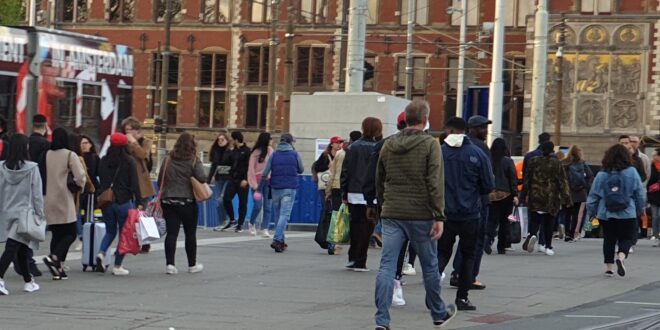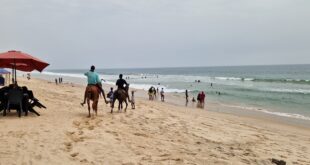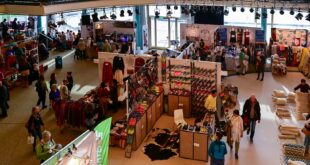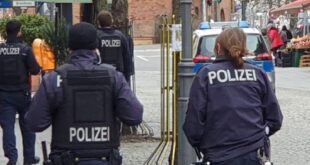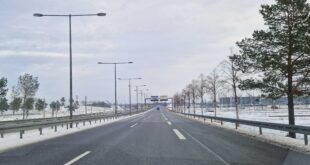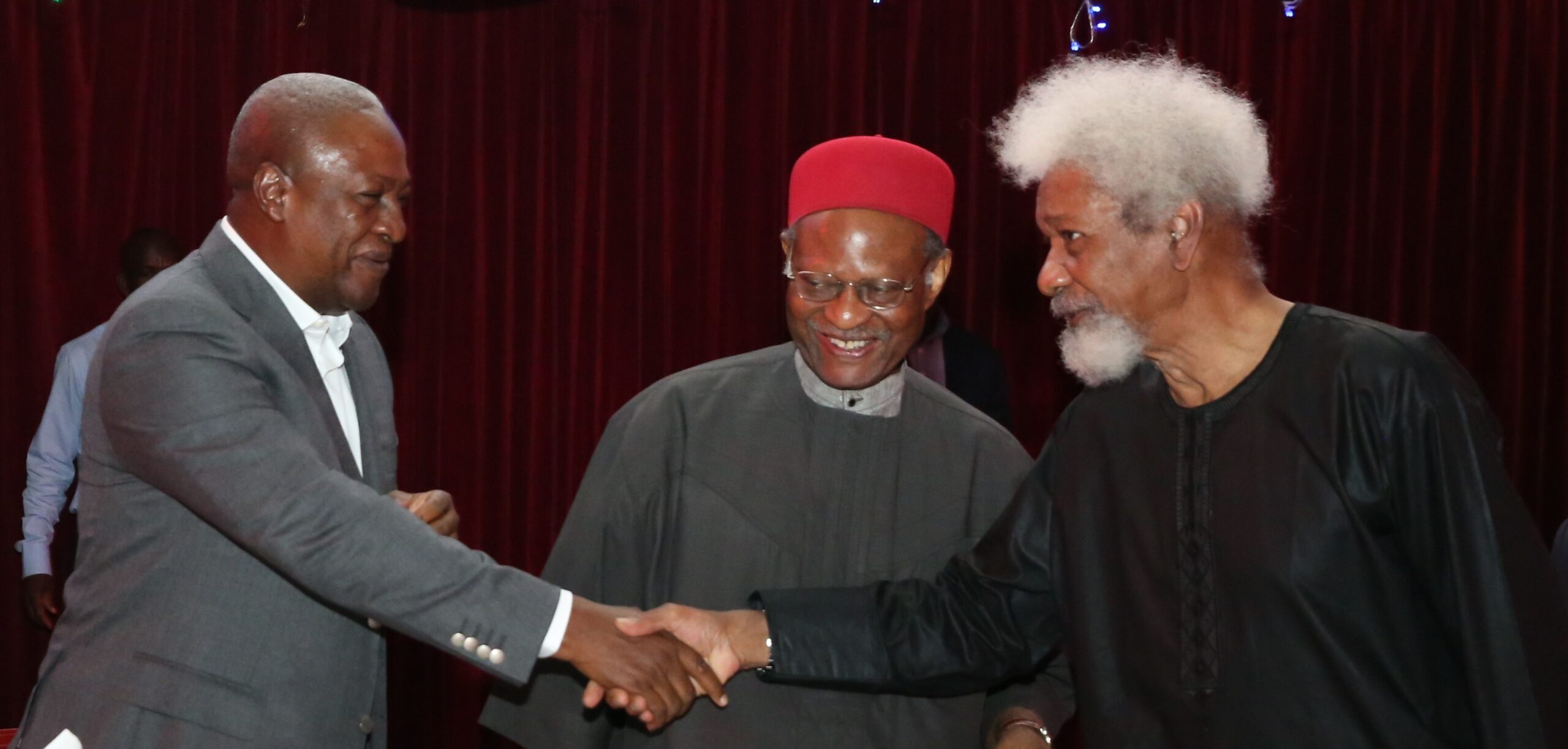Furaha Kensmil explains why she feels like a foreigner in both Suriname, where she was born, and the Netherlands, where she has lived most of her life. Furaha delves into the complexities of the identity of the people of African descent in the Netherlands, which prides itself as a colour-blind nation.
I find it difficult to call myself Dutch. The Dutch do not wait with open doors for the arrival of Black people. My parents were both born and raised in Suriname. Over the years my dad, an entrepreneur, has lived, worked and done business in several countries, including South Africa, the US, Suriname and Morocco. My mum is a social worker, and she runs her own business in the healthcare industry.
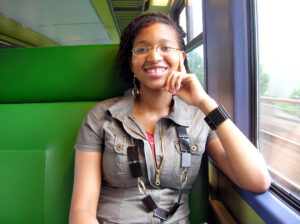
I grew up in a large household, five kids, including me. Two boys, three girls. I was born in 1984 in Suriname, South America, in the capital city Paramaribo. I am the second university graduate in the family, and the third has graduated too. I obtained my Bachelor’s degree in International Financial Management in 2005 from the HES Amsterdam School of Business. And a couple of months ago I received my Master’s degree in International Economics and Business studies from the Erasmus University, Rotterdam.
So who am I? How do I define myself? What makes me who I am?
In the Netherlands there are two official terms that distinguish between the native Dutch and the “new” Dutch. I am considered an Allochtoon, which is a person for whom at least one parent was born abroad. And an Autochtoon is a person whose parents were both born in the Netherlands. The majority of the Black community in the Netherlands have accepted these government labels; only a few oppose the term, but unfortunately their voices are not being heard.
The term ‘black’ (zwart) is not official in the Netherlands but many Black people use it, including me. Some people do not like zwart because they link it directly to skin colour, and according to them they are brown, not black. They consider it an insult to be referred to as black. But the pejorative “nigger”, (neger) on the other hand, is widely used and accepted, though there is a struggle to eradicate it. Sadly there has not been enough support from the White and Black communities to ban it.
“Colour blindness,” that famous French fairy tale, also exists in the Netherlands. “Racism,” at least as a word, is rarely used, and in the media “race” is replaced by “ethnicity”.
Although the Dutch possess a long and ugly history of colonialism in Suriname, the Antilles, Indonesia, as well as the nasty Boers in South Africa, race has been an issue in the homeland only some fifty years now, and this inexperience is perhaps the main reason why no one seems to know what they’re doing.
During the 1960s, with the first wave of immigrants, the Dutch displayed a kind of liberal benevolence towards the inhabitants of their colonies. And following Surinamese freedom and independence in 1975, the Dutch led the way in establishing the groundwork for societal pluralism and multiculturalism. All that ended in the 1990s, when the right wing exploited the worldwide economic downturn and pointed the finger at foreigners. They have gained and maintained a huge following ever since.
My parents had lived in the Netherlands back in the 1970s and returned to Suriname in 1981 but decided to move back to the Netherlands in 1995 because of the educational opportunities for their children. The move was supposed to be temporary, and this thinking reflects the changes in attitude between my parents’ generation and my own. We are here to stay. As one blogger at Afro-Europe put it: “I want a piece of the land I was born in.” And he wasn’t talking about Suriname.
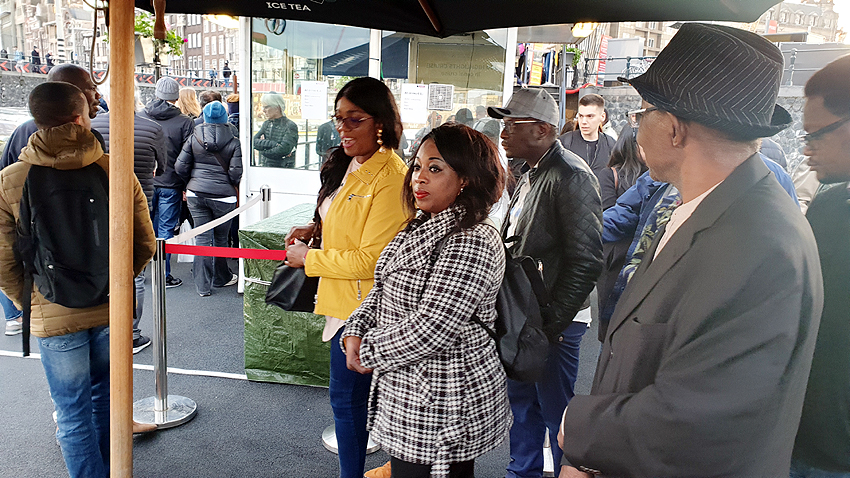
Ever since I moved to the Netherlands, I have lived in Almere, a relatively new city in the proximity of Amsterdam. My neighbourhood is called De Regenboogbuurt. Almere has a large multicultural population, with about 10 per cent of the residents having a Surinamese background. This makes us the largest group of non-native Dutch citizens. This situation, I believe, is most likely the reason why a lot of people in Almere vote for such right-wing parties as LPF (Pim Fortuyn) and the PVV (Geert Wilders). When people moved from Amsterdam to Almere they expected to leave the “foreigners” behind, but instead we moved with them.
The assassinations in 2004 of the filmmaker Theo van Gogh – who made a ten-minute movie criticising violence against women in Islamic societies – and Pim Fortuyn two years earlier shocked the Netherlands. When the news came out everyone in the Black community hoped that the killers would not be Black, because we realised that the anger would be taken out on the community as a whole.
The repression has fallen instead on the Muslim community since an Islamic fundamentalist was found responsible for one of the murders. And now that Theo van Gogh and Pim Fortuyn are gone, we have to contend with Geert Wilders, who is chanting the same nationalist slogans and receiving huge support.
It took me ten years to go back to Suriname. I visited my land of birth in 2005 for the first time since leaving. I feel very much at home in Suriname and it is always hard for me to leave again. Suriname is tropical, with temperatures ranging from 30°C during the day to 22°C at night. It is lovely to go for a swim in the rivers, or just sit in your garden and talk to people passing by. This is a huge difference from the Netherlands, which has cool summers and mild winters.
Though Suriname is almost five times the size of the Netherlands, the population density in the country is quite low. Suriname has a population size of about half a million, while the Netherlands has almost 17 million inhabitants. People in Suriname tend to know each other quite well, unlike in the Netherlands where it is easy to live an anonymous life.
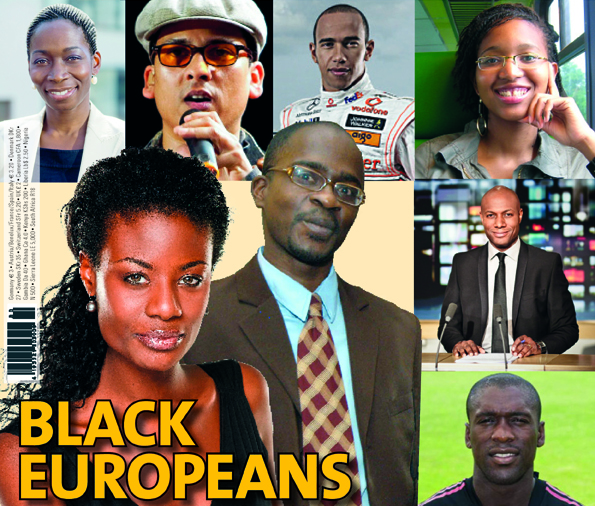
Suriname is less stressed – you go with the flow. It can be frustrating at times, such as when you really need to get something done. There is a lot of bureaucracy and people expect you to wait patiently until they are ready to do what needs to be done. Dutch people joke about us, and I admit that I feel the pressure to perform even better, although there is nothing to prove.
I do not believe in full assimilation into Dutch society simply because I cannot imagine a life without my African-Surinamese culture. I sometimes wonder how Black people who appear to have blended into Dutch society experience life. I tend to associate more with Black people.
The Dutch African Diaspora, in comparison with countries such as Russia and Poland, is quite large, so I do not feel isolated. I know where to find my people, so to speak.
Unlike some Afro-Surinamese people I cannot remember situations in which I have been (openly) discriminated against. Still, I do feel like a foreigner in Suriname and the Netherlands. Is it possible for someone who grew up in two places to ever find a place they can truly call home?
I do not know many Black people from other parts of Europe. In 2010, during the summer school on Black Europe organised by the NiNsee (National Institute for the Study of Dutch Slavery and its Legacy) I met some great people from Poland, England, France and the US who share experiences similar to my own. I have noticed that Black Europeans are uniting more and more, which is a very positive sign.
I would like to see more collaboration between African Diaspora groups in the Netherlands, because we tend to go our own way. Instead of focusing on our differences as people of African descent, we should accept our similarities and work together.
Within the Surinamese community I often hear complaints from people who are tired of the Dutch system and want to move back to Suriname. For most of them this is just a dream, a way of avoiding difficult realities.
I do get tired of certain Dutch-Surinamese people who complain all the time. If I decide to move back to Suriname, will I eventually feel at home? If I stay in the Netherlands, will I eventually consider this my home? Or if I move to Africa, or the US, will I feel at home? And even if I feel at home, will society accept me as one of their own?
Let us not over analyse our problems. Or we will forever stay fixed in our current position. We have to focus on the future.
—-
Furaha Kemsil was born in Paramaribo, Suriname, and has been living in the Netherlands since 1995. She is a graduate in International Economics and Business Studies. She was the Public Relations Commissioner of the Association of Students of African Heritage at Erasmus University, Rotterdam, in 2011. Furaha’s other interests include politics, travelling, reading, spirituality and dancing.
 THE AFRICAN COURIER. Reporting Africa and its Diaspora! The African Courier is an international magazine published in Germany to report on Africa and the Diaspora African experience. The first issue of the bimonthly magazine appeared on the newsstands on 15 February 1998. The African Courier is a communication forum for European-African political, economic and cultural exchanges, and a voice for Africa in Europe.
THE AFRICAN COURIER. Reporting Africa and its Diaspora! The African Courier is an international magazine published in Germany to report on Africa and the Diaspora African experience. The first issue of the bimonthly magazine appeared on the newsstands on 15 February 1998. The African Courier is a communication forum for European-African political, economic and cultural exchanges, and a voice for Africa in Europe.

